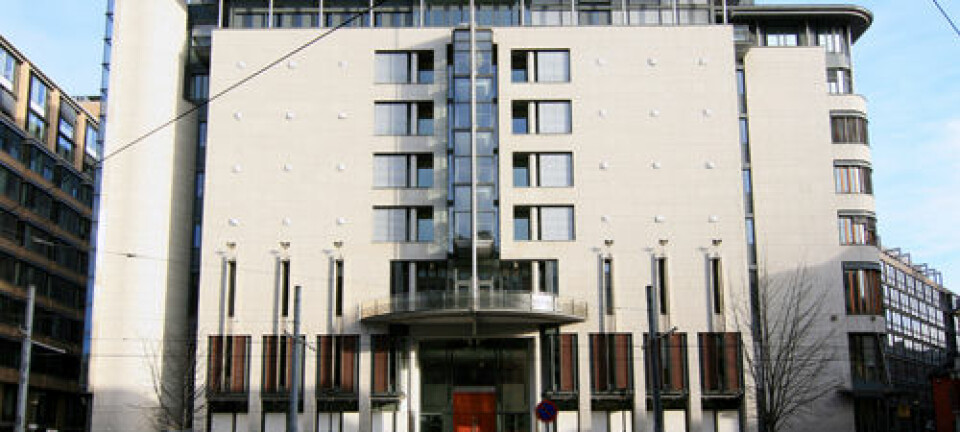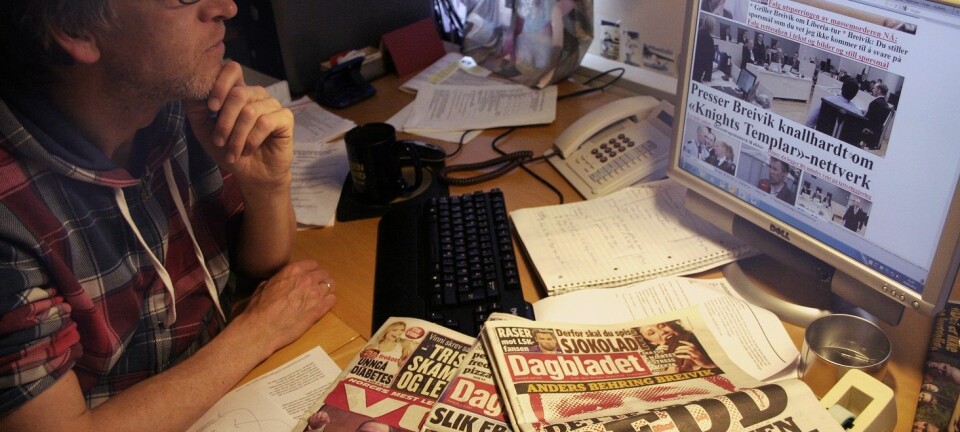
Experts risk unifying Breivik’s incoherent ideology
In Oslo Courthouse, terrorist Anders Behring Breivik presents ideological references that bounce in all directions. The commentators might inadvertently construct a comprehensive ideology out of mishmash.
Denne artikkelen er over ti år gammel og kan inneholde utdatert informasjon.
The ideology of Anders Behring Breivik, who is charged with acts of terror and the murder of 77 persons, is a key part of his testimony.
In Oslo Courthouse he comes up with a motley compilation of direct and indirect references to left-wing terror in Europe, Al Qaida and separatist terror groups such as the IRA.
The numerous and often superficial references splay in all directions.
Jan Oskar Engene is an associate professor at the Department of Comparative Politics at the University of Bergen. His studies include terrorism in Western Europe in the post-WWII years.
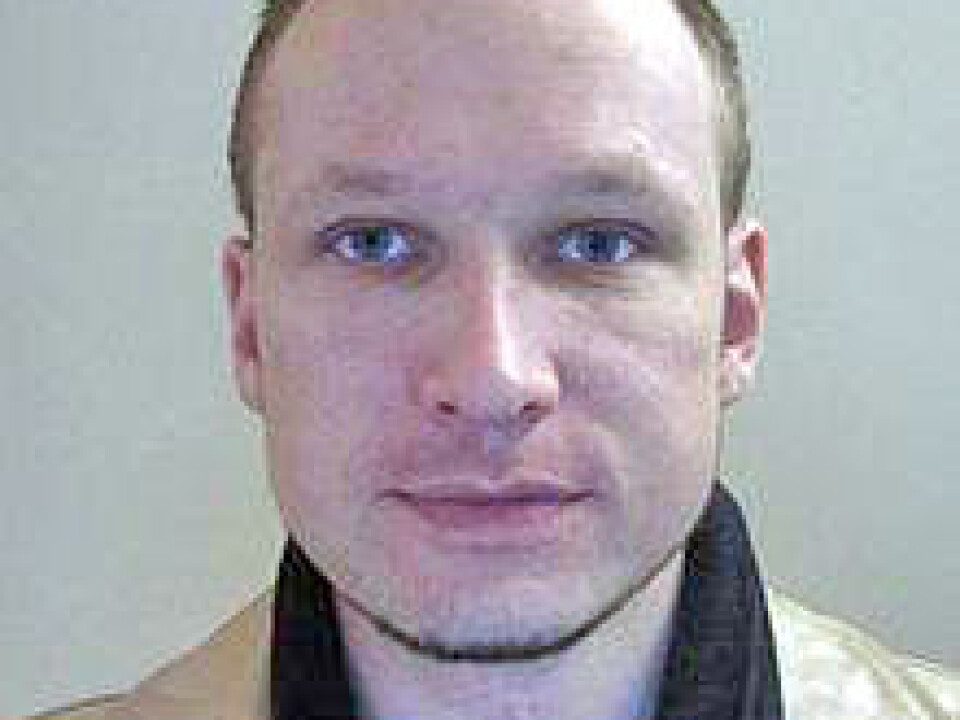
Engene thinks the experts who comment on Breivik’s statements are facing a difficult task.
Cut-and-paste ideology
He says they should be cautious about giving too much emphasis to details in rhetoric apparently pieced together on a cut-and-paste basis.
“It doesn’t seem all that genuine. My concern is that we commentators are producing a more refined and cohesive version of the ideology he presents in his own testimony,” he says.
“We should be careful about producing an ideology that's more coherent than what Breivik manages to create.”
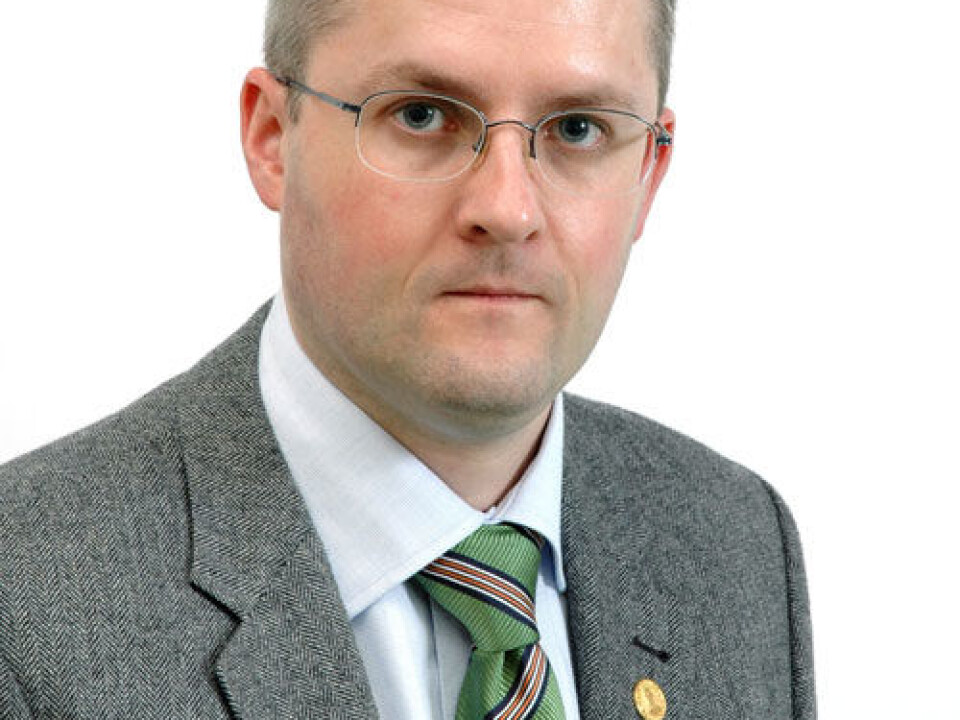
As the trial proceeds, Engene thinks it remains unclear whether an ideology will emerge that generally covers Breivik’s way of thinking or whether his world view will alter in a chameleonic way in conformity with external perceptions.
In court Breivik was asked to provide some examples of any literature he’s read that has had a role in his ideological development. He paused and couldn’t come up with any examples of specific authors.
Learning from Al Qaida
So far, the things Breivik has been saying about his basic beliefs can be interpreted in a variety of ways. One possibility is that he’s attuned to what you’d expect a terrorist to say.
His belief that terrorist attacks can push the state into initiating more repressive policies could be borrowed from left-wing terrorist groups such as the German Rote Arme Fraktion (RAF) and the Italian Brigate Rosse in the 1970s.
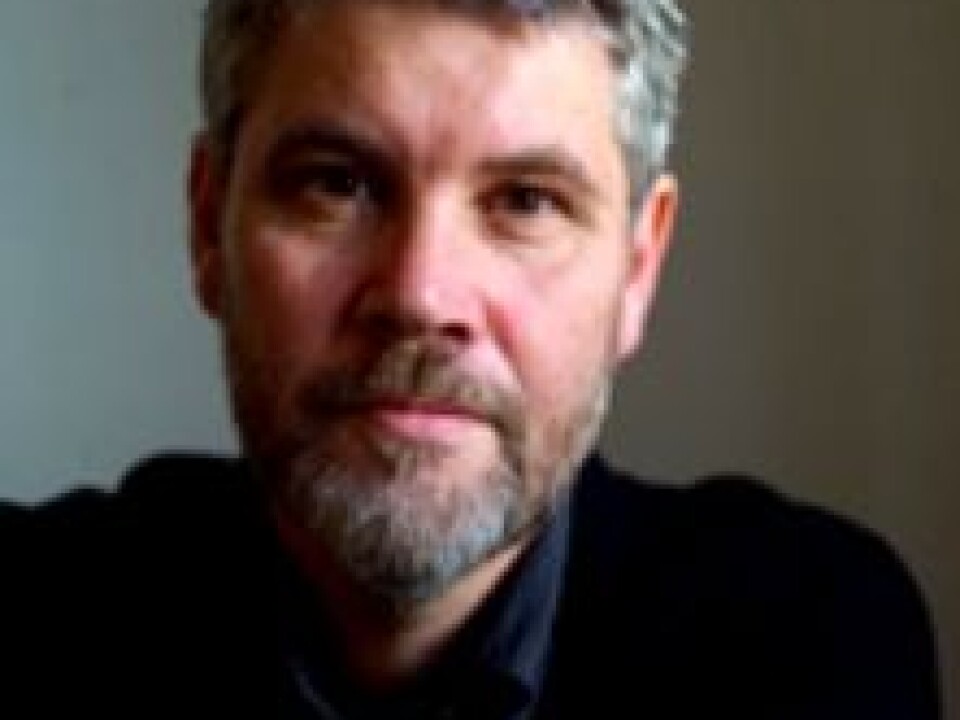
“These groups figured that their terror would unveil the ‘true nature’ of the state,” says Engene.
Earlier last week, Breivik expressed his acceptance of Al Qaida’s methods and said the so-called militant nationalists in Europe have a lot to learn from them.
The self-appointed defender of “Christian Europe” talked a lot about martyrdom in ways that seemed directly inspired by the terror committed by some fundamentalist Muslims.
Classic terrorist arguments
Breivik has claimed that terror is the only solution because Norwegian democracy no longer works. He has also tried to dismiss the humanity of his victims.
The researcher points out that this all adheres to the classic argumentation of terrorists.
“Either he really thinks like a terrorist or he picks up on the typical argumentation of terrorist groups.”
Breivik has spoken of South Korea and Japan as ideal societies and has looked far back into history for his role models, as well as to indigenous peoples around the world.
In court he’s also talked about “revolutionary science” which is something rather diffuse he thinks is shared by all revolutionaries who seek to radically change society.
Inconsistent argumentation
Breivik's mixture of notions from the present and the past and a number of countries makes a special impression:
“This is peculiar," says Engene. "He argues in ways that make you wonder whether he really understands the consequences.”
The researcher points out that when the trial opened, Breivik stated he didn’t recognise the court’s legitimacy. In other words, he doesn’t think the courts have the right to judge him.
This, too, can be linked to the strategy of many terrorist groups.
“But he’s inconsequential here. He rises when the judge tells him to. He can’t follow up on his rudimentary remarks. If he actually rejected the legitimacy of the court he should be acting differently,” says Engene.
Sympathies for Nazism
Øystein Sørensen, a history professor at the University of Oslo, has stated in several media interviews that Breivik has now started expressing clearer sympathies for traditional Hitler-type Nazism, compared to before the trial began.
But Sørensen agrees with Engene that allowances should be made for Breivik’s inconsistencies.
“That’s a relevant issue regarding how we should interpret what Breivik says. The opposite problem is that we could make him out to be dumber than he is. We need a balance if we want to take what he’s done seriously,” says Sørensen.
Terje Emberland, a senior researcher at the Center of Studies of Holocaust and Religious Minorities, characterises Breivik’s way of thinking as fascistic:
“There are a lot of inconsistencies in Breiviks reasoning and his world view is fragmentary,” says Emberland, who partly agrees with Engene but sticks to his own characterisation of Breivik’s way of thinking.
Fascist hybrid
Emberland says a lot of basic elements in Breivik’s realm of thought correspond to what many researchers agree comprises a moderate definition of fascism.
Some examples are Breivik’s thoughts about an inevitable future war as a cleansing storm and a new authoritarian social order that will emerge from it afterwards.
“We're trying not to ascribe more consistency and context to Breivik than he deserves," says Emberland. "But like him, fascists aren’t deep thinkers. Nevertheless, it’s completely legitimate and essential for us to analyse the basic motives, symbols and myths in their perceptions of the world.”
Emberland, who has done extensive research on Nazism, uses the term “fascist hybrid” regarding the way new issues are mixed into traditional fascist, Nazi and right-wing extremist conceptions.
Translated by: Glenn Ostling







